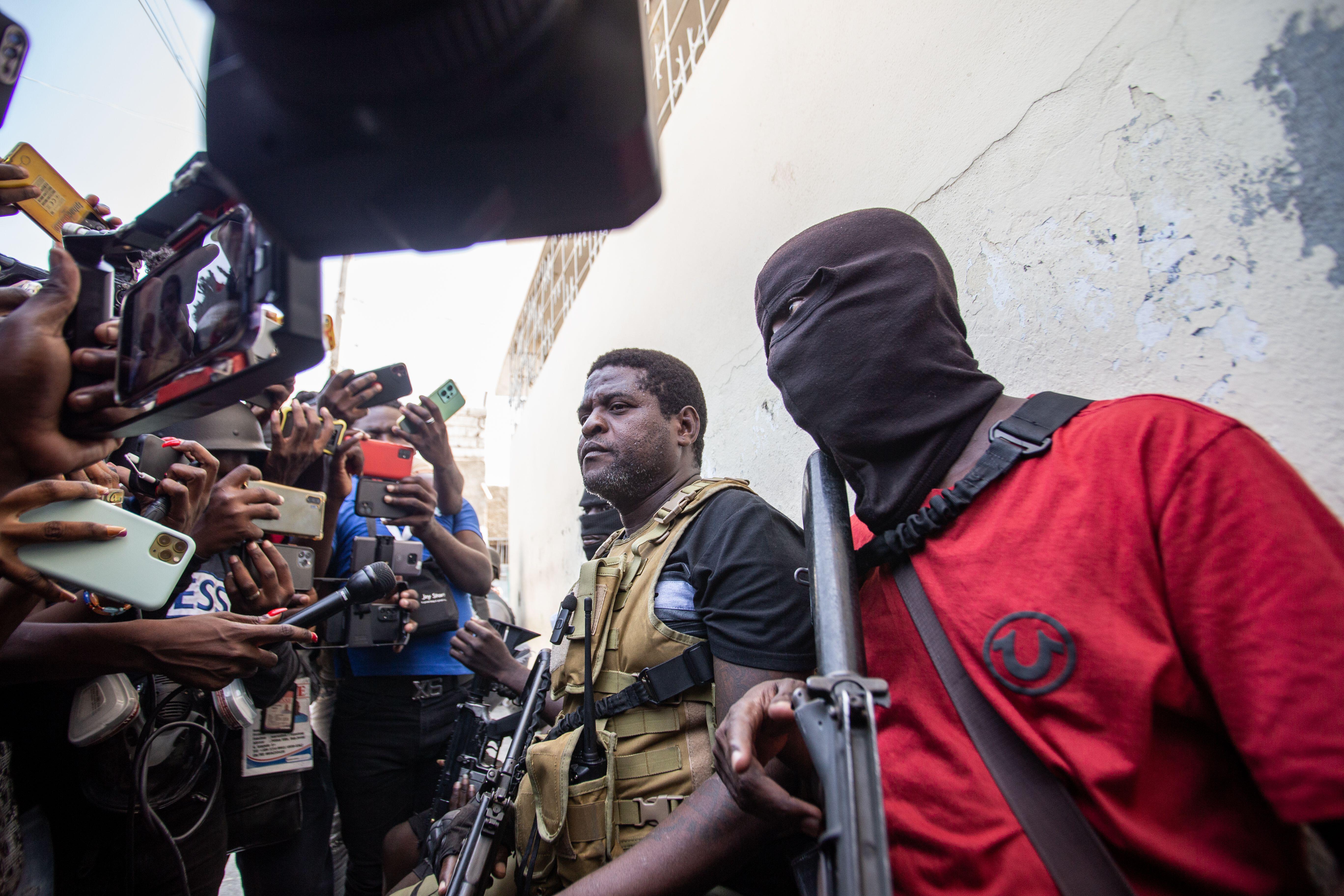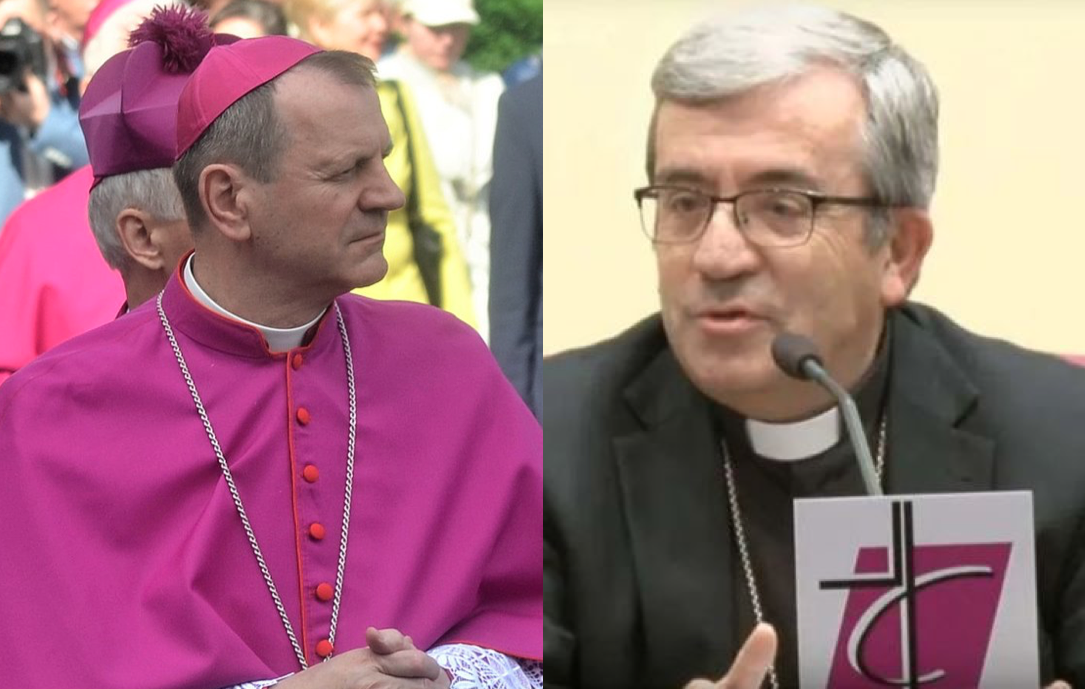The bishops’ conferences of Europe’s two largest Catholic Churches have elected new leaderships, as both confront mounting challenges from secularisation and anti-clerical governments.
Archbishop Tadeusz Wojda of Gdansk said that “creating a synodal Church is now our most urgent task” following his election as president of the Polish bishops’ conference last week.
“It's been entrusted to us by the Pope, and it will be a very long process, requiring us to open up and seek cooperation with lay people, involving them and encouraging their dynamism,” he said.
The 76-year-old succeeded Archbishop Stanislaw Gadecki of Poznan, who had been in post for a decade. The conference presidency replaced the office of primate two decades ago as the Polish Church’s principal authority.
Speaking to Poland's Catholic Information Agency KAI, Wojda said the Polish Church’s key challenges included family and youth work, as well as catechesis and relations with the state. He added that he would focus on maintaining unity among the country’s divided bishops.
The Polish Church has faced declining Mass attendance and dwindling vocations over the recent years, amid rapid secularisation and persistent abuse scandals which have led to the disciplining of 13 bishops, while others have been accused of concealing allegations against clergy.
Prime Minister Donald Tusk’s liberal-led coalition government, elected on 15 October, has also threatened to clash with Church leaders over pledges to liberalise Poland’s restrictive abortion law and legalise same-sex partnerships, as well as to curtail religious education provision and stop subsidies for religious denominations.
Archbishop Wojda was ordained a priest of the Pallottine order in 1983, and served for five years from 2012 as under-secretary of the Vatican's Congregation for Evangelisation of Peoples, before being named Archbishop of Bialystok.
He was fiercely critical or Poland’s LGBT rights movement during his four years in Bialystok, before he was made Archbishop of Gdansk in March 2021.
His deputy as conference president will be Archbishop Józef Kupny of Wroclaw.
The newly-elected head of the Spanish bishops’ conference has said that caring for victims of clerical abuse and repairing the Church's public image would remain its priority despite tensions with the authorities.
“We live in a time marked by polarisation and bloc-like divisions, and I still hope to work well with the government,” Archbishop Luis Argüello of Valladolid said on Sunday.
“We must have courage to speak about truth and ethics in the public square – but we can't do this if we don't start with our own house, with truth, transparency and regeneration.”
The Church in Spain, to which 53.7 per cent of citizens belong according to 2023 data, has also seen falling vocations and Mass attendance across its 70 dioceses and 23,000 parishes, and has clashed with premier Pedro Sanchez’s socialist-led government – re-elected with a narrow majority last November – over laws liberalising abortion, euthanasia and gender recognition procedures, as well as restricting religious classes.
Archbishop Argüello was sharply critical of the Sanchez government's secularising measures while he was secretary-general of the bishops’ conference in 2018-2022.
The 70-year-old, who was ordained in Valladolid in 1986, replaces Cardinal Juan José Omella of Barcelona and will work with Cardinal José Cobo of Madrid as his vice-president.



 Loading ...
Loading ...